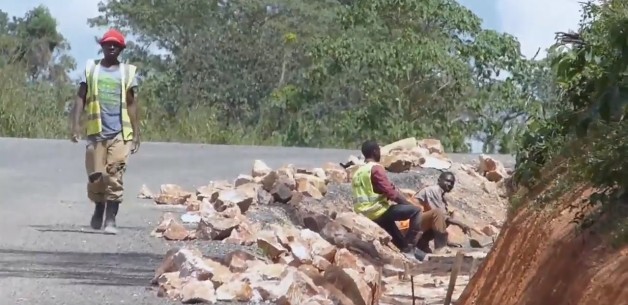In light of “multiple failures” by the World Bank in monitoring and supervising the Uganda Transport Sector Development Project, the World Bank Group announced today that they will create a “Global Gender-Based Violence Task Force to advise the institution on best practices for reducing risks to community safety in connection with our development projects.” This was done in response to last week’s delivery of the Inspection Panel report on the Uganda Transport Sector Development Project, which was cancelled last December due to allegations of sexual violence and abuse by contractors.
The Bank issued the following statement from President Jim Yong Kim regarding the Inspection Panel report and the goals of the new Task Force:
The Inspection Panel has delivered to the World Bank Board its investigation report on the Uganda Transport Sector Development Project. The failures in this project have prompted us to assess all similar projects to ensure that we are upholding the principle of doing no harm.…As an immediate step, we are in the process of creating a Global Gender-Based Violence Task Force to advise the institution on best practices for reducing risks to community safety in connection with our development projects.
The new Task Force, which will include outside experts on gender-based violence and World Bank staff, will build on existing World Bank work to tackle violence against women and girls, specifically focusing on: strengthened approaches to identifying threats and applying lessons in World Bank projects; more robust gender assessments; and improved approaches to both raising awareness and taking action to prevent gender-based violence.
- World Bank Group President Jim Yong Kim
A new Wall Street Journal article quotes BIC’s child rights program manager Elana Berger on the Bank’s response to the Uganda project report and the creation of the new Task Force.
“It’s a systemic problem, particularly with the way in which projects are monitored and supervised,” said Ms. Berger. “It’s the kind of harm you’re not going to find unless you look for it.”The Bank Information Center said the Ugandan case likely isn’t an isolated occurrence. Similar problems are prevalent in infrastructure-fueled boom-towns, the group said, with sudden influxes of cash and outside workers in countries with weak judicial systems and rules of law.
- Wall Street Journal Aug 11, 106, IAN TALLEY

